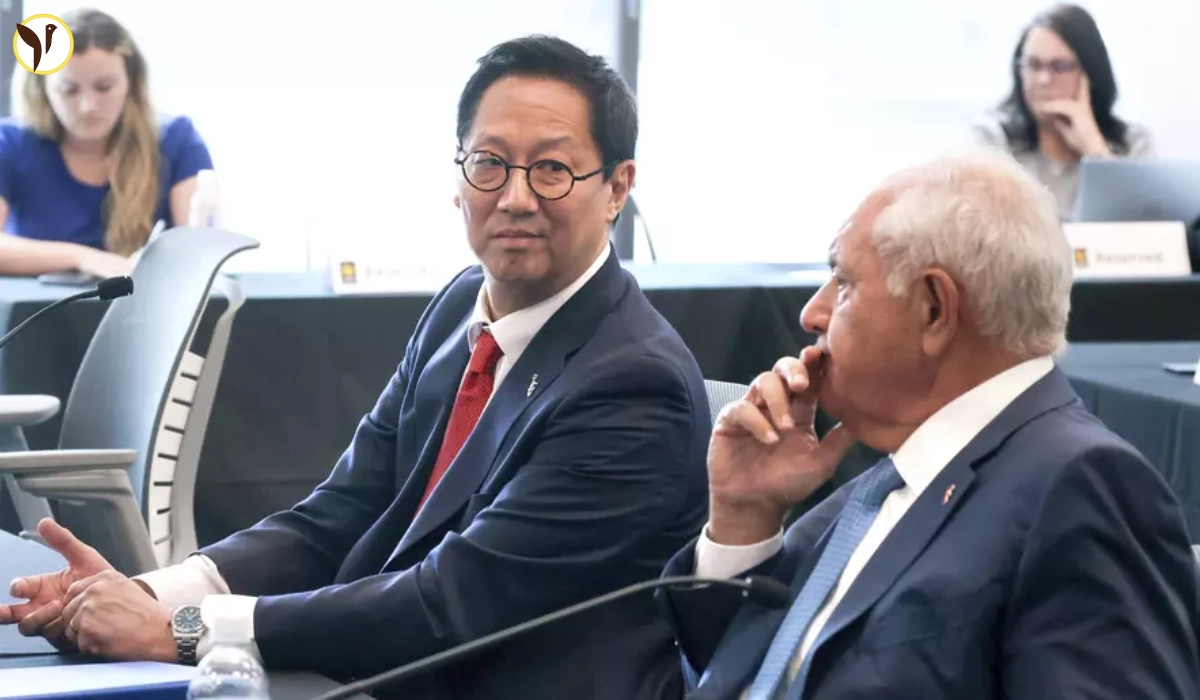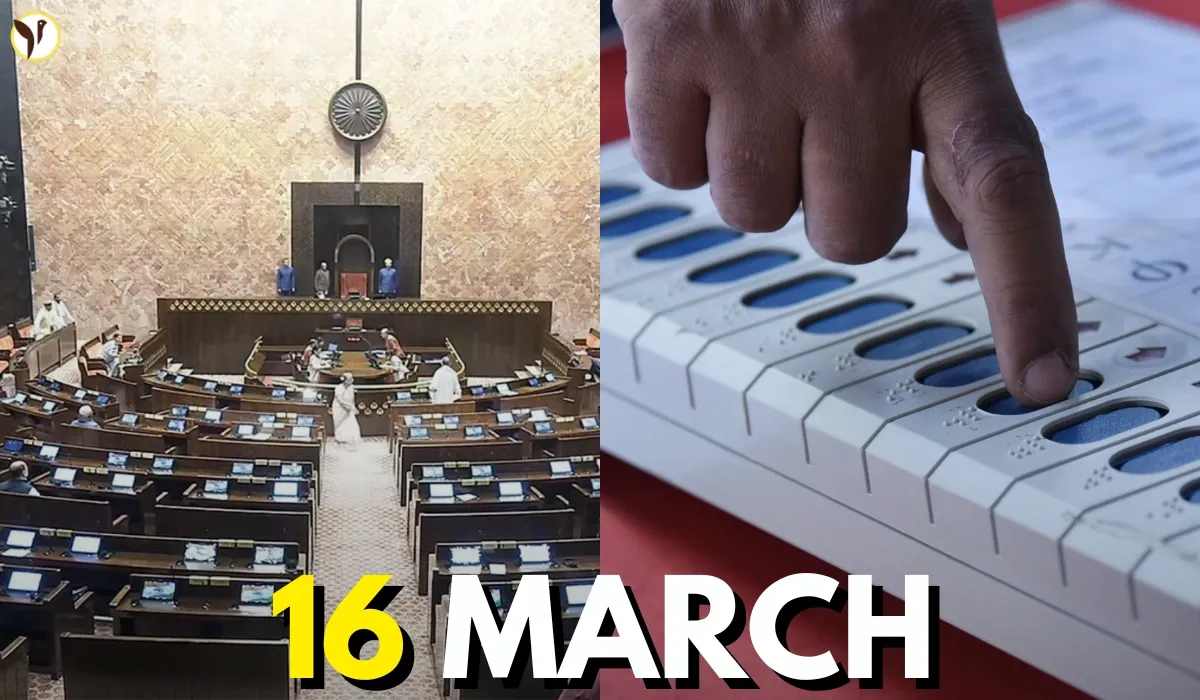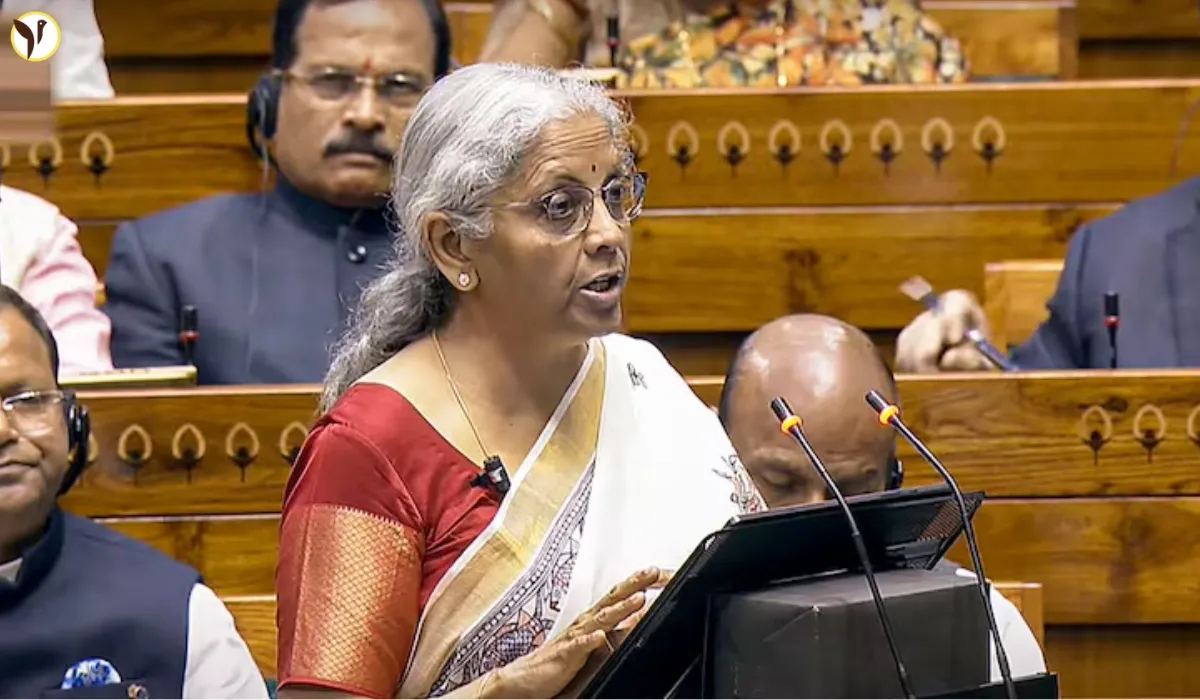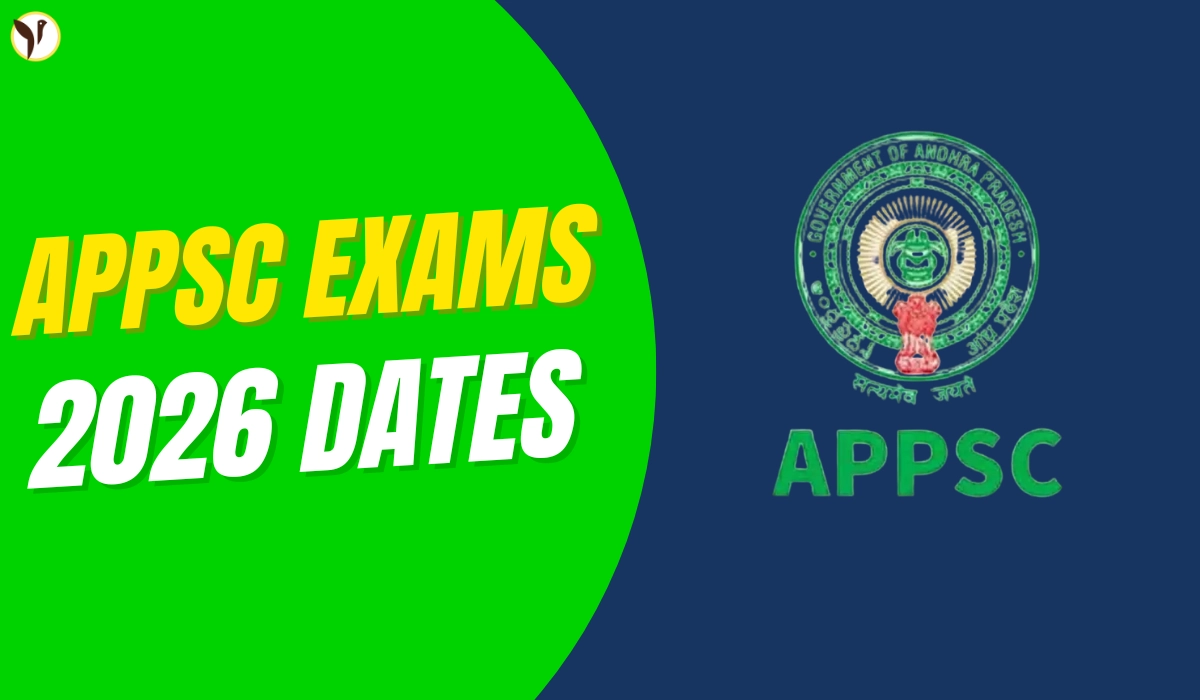Ono's Florida Rejection: A Political Earthquake in Academia?
Honestly, I’ve been following the Santa Ono story closely, and it's a wild ride. Who would have thought a university presidency could become such a political battleground? This article dives into the shocking rejection of Dr. Ono as the next president of the University of Florida – a decision that has sent waves through the academic world and sparked a major debate about politics in higher education.
The Unprecedented Rejection
Dr. Ono, formerly the president of the University of Michigan, was the unanimous choice of the University of Florida’s Board of Trustees. He seemed like a shoe-in, right? Wrong. In a move that's never happened before in the Board of Governors’ 22-year history, the state board rejected his appointment. Ten to six. A stunning defeat.
The Interrogation
The hearing where it all went down was, to put it mildly, intense. Board members grilled Ono for hours about his past support for diversity, equity, and inclusion (DEI) initiatives at the University of Michigan, his stance on race-based admissions, and even his response to the October 2023 Hamas attack. One board member even mentioned a binder full of articles and statements, supposedly highlighting “problematic” views.
- The questions felt less like a job interview and more like an interrogation.
- Many felt the process was unfair and lacked transparency.
Some board members, like Charles Lydecker, openly criticized the process, calling it "patently unfair." The whole thing felt deeply unsettling to many observers, myself included.
The Political Undercurrents
It's impossible to ignore the elephant in the room: Florida Governor Ron DeSantis's influence. DeSantis, a vocal critic of DEI initiatives, has been systematically reshaping Florida's higher education system. While he didn't directly oppose Ono, many believe the Board of Governors, largely comprised of his appointees, acted as his proxy. The timing and intensity of the scrutiny against Ono are telling.
Even Donald Trump Jr. weighed in, questioning whether Florida's leadership had "lost their minds." Republican figures across the state joined the chorus of criticism, and Ono's past support for DEI became a major sticking point, regardless of his attempts to downplay his previous positions.
What Now?
The University of Florida is now back to square one, needing to restart its presidential search. The incident has raised serious questions about the balance of power between state government and university autonomy. It leaves a lingering question mark over the future of academic freedom in Florida, and honestly, nationwide.
This isn't just about one job; it's about the broader implications for higher education. Are universities becoming political battlegrounds? Is it becoming increasingly difficult for individuals with diverse viewpoints to lead institutions of higher learning? These are questions that we as a society need to grapple with.
This whole situation has left me deeply concerned. The future of academic leadership and diversity in higher education feels more uncertain than ever before. What do you think?









